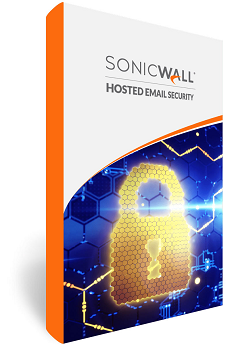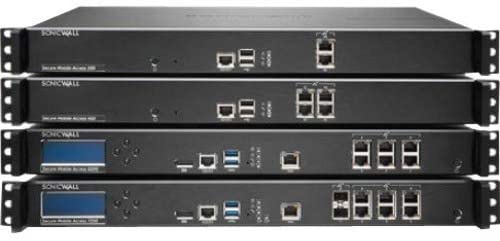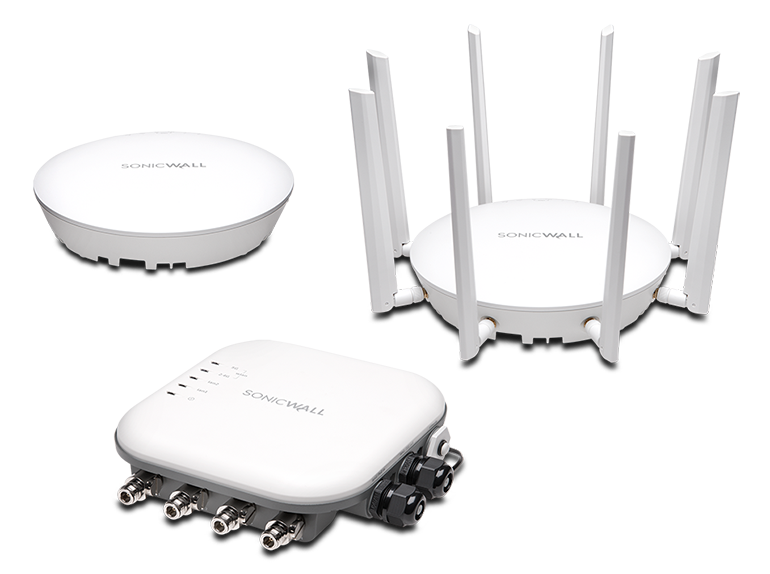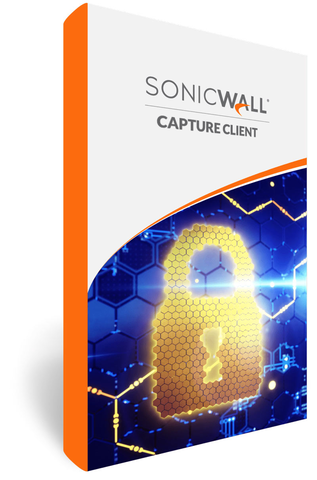
Layered CyberSecurity
Building protection that’s comprehensive, complementary & cost-effective

Why Layered Cybersecurity Works
The notion of layered security isn’t new. But with threats becoming more sophisticated, varied, and frequent, layered cybersecurity has never been more relevant.
The more obstacles you place in front of an attacker, the better your chances are to stop the attack before your network, data, or business are compromised.
Please complete the form
Know Your Business for Optimal Security
Every organization is different, with unique security requirements and maturity levels. Layered security drastically reduces vulnerability gaps and protects against advanced cyberattacks.
But technology alone isn’t enough — processes and compliance enforcement must also be consistent. A lapse in any layer reduces the effectiveness of the entire posture.
Products Mentioned in the Ebook
Email Security
Email remains the top attack vector. Defend against phishing, ransomware, and targeted attacks with SonicWall ESA & Hosted Email Security.
ESA SeriesSecure Mobile Access
Provide proven, secure remote access that boosts productivity, supports mobility, and enforces compliance with proper authentication.
Secure Mobile AccessWireless Access Points
Protect modern workplaces with secure, cloud-managed SonicWave Wi-Fi, ensuring safe connectivity across all devices and users.
SonicWave SeriesEndpoint Protection
Protect endpoints from malware, phishing, and risky user behavior with SonicWall Capture Client and next-gen EDR.
Capture ClientNext-Generation Firewalls
Gen 8 firewalls stop advanced threats with high performance and resilience. Pair with MPSS for 24×7 managed protection.
Next-Gen FirewallsSD-WAN
Replace costly MPLS with secure, high-availability connectivity. Optimize application performance across distributed sites.
SD-WAN






